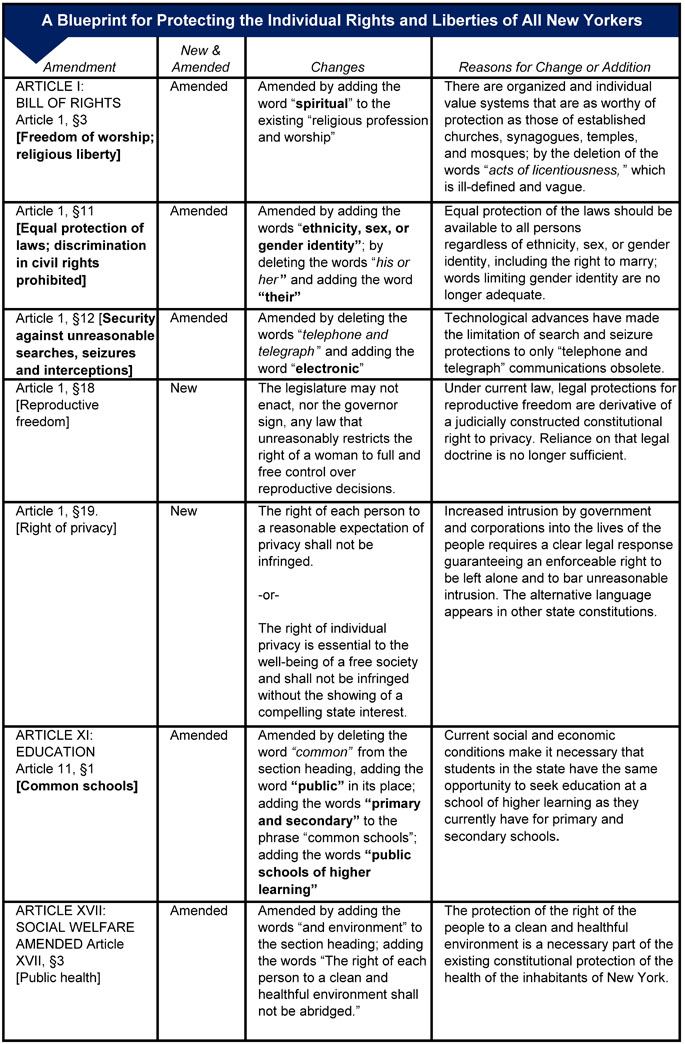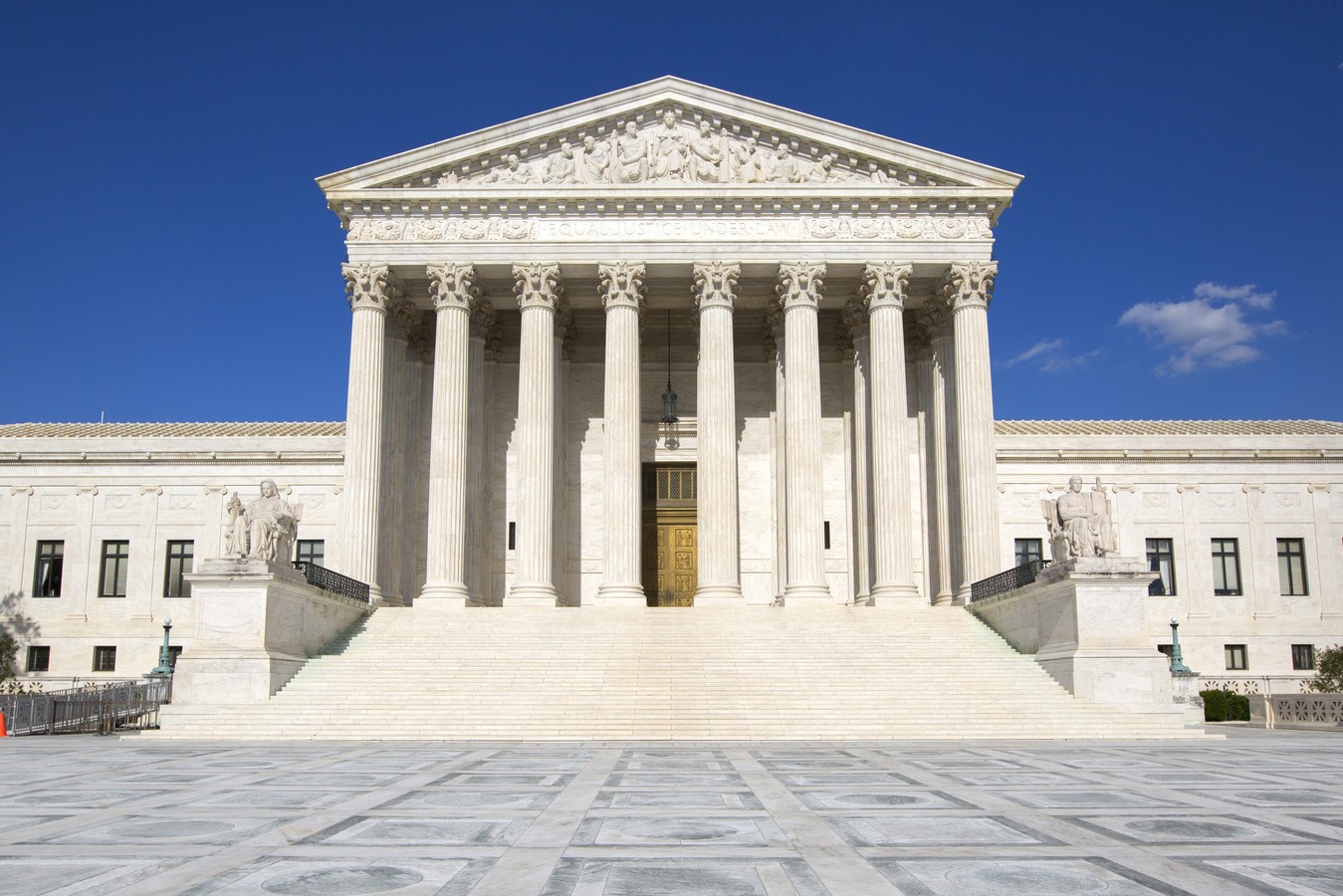The single most important task of a constitutional convention is the protection and expansion of the rights and liberties of the people. It is an urgent command of justice: It is made more urgent by the recent retreat of the federal government as a defender of such rights. New York has a distinguished history of strong constitutional protections, beyond those in the federal Bill of Rights. The people have repeatedly approved their expansion through constitutional conventions. Now, more needs to be done.
The national government has long assumed the leading role in protecting the people’s rights. The executive, legislative, and judicial branches of the federal government were, at least since the Civil War, widely viewed as the most reliable defenders of minorities and the rights of women, and the civil liberties of all.
There is now reason to be concerned as to whether that historic function is being abandoned. We can no longer take for granted that our national government has the will or the resources to protect our rights of expression, equality before the law, personal privacy, reproductive rights, access to schools, a healthy environment, and more, as my colleagues at the Rockefeller Institute and Albany Law School have written. Inclusion of such rights in our state constitution is a practical guarantee that New Yorkers will not suffer if the federal government abandons its historic commitment to our liberties.
This agenda is by no means exhaustive, and the individual proposals will benefit from considered analysis by convention delegates. I welcome suggestions for improvement of these proposals or additions to the agenda.
Additions to the text of the Constitution are in bold. Deletions are in italics.

Text of proposed Constitutional Amendments
ARTICLE I: BILL OF RIGHTS
Article I, §3. [Freedom of worship; religious liberty] The free exercise and enjoyment of spiritual orreligious profession and worship, without discrimination or preference, shall forever be allowed in this state to all humankind; and no person shall be rendered incompetent to be a witness on account of his or her opinions on matters of religious belief; but the liberty of conscience hereby secured shall not be so construed as to excuse acts of licentiousness, or justify practices inconsistent with the peace or safety of this state.
Article I, §11. [Equal protection of laws; discrimination in civil rights prohibited] No person shall be denied the equal protection of the laws of this state or any subdivision thereof. No person shall, because of race, color, creed or religion, ethnicity, sex, or gender identity be subjected to any discrimination in his or her their personal or civil rights by any other person or by any firm, corporation, or institution, or by the state or any agency or subdivision of the state.
Article I, §12. [Security against unreasonable searches, seizures and interceptions] The right of the people to be secure in their persons, houses, papers and effects, against unreasonable searches and seizures, shall not be violated, and no warrants shall issue, but upon probable cause, supported by oath or affirmation, and particularly describing the place to be searched, and the persons or things to be seized. The right of the people to be secure against unreasonable interception of electronic telephone and telegraph communications shall not be violated, and ex parte orders or warrants shall issue only upon oath or affirmation that there is reasonable ground to believe that evidence of crime may be thus obtained, and identifying the particular means of communication, and particularly describing the person or persons whose communications are to be intercepted and the purpose thereof.
Article I, §18. [Reproductive freedom] The legislature may not enact, nor the governor sign, any law that unreasonably restricts the right of a woman to full and free control over reproductive decisions.
Article I, §19. [Right of privacy] The right of each person to a reasonable expectation of privacy shall not be infringed.
Article I, §19. [Right of privacy] The right of individual privacy is essential to the well-being of a free society and shall not be infringed without the showing of a compelling state interest.
Article I, Section 1. [Common Public schools] The legislature shall provide for the maintenance and support of a system of free common primary and secondary schools and public schools of higher learning, wherein all the children of this state may be educated.
Article XVII, §3. [Public health] The protection and promotion of the health of the inhabitants of the state are matters of public concern and provision therefor shall be made by the state and by such of its subdivisions and in such manner, and by such means as the legislature shall from time to time determine. The right of each person to a clean and healthful environment shall not be abridged.

